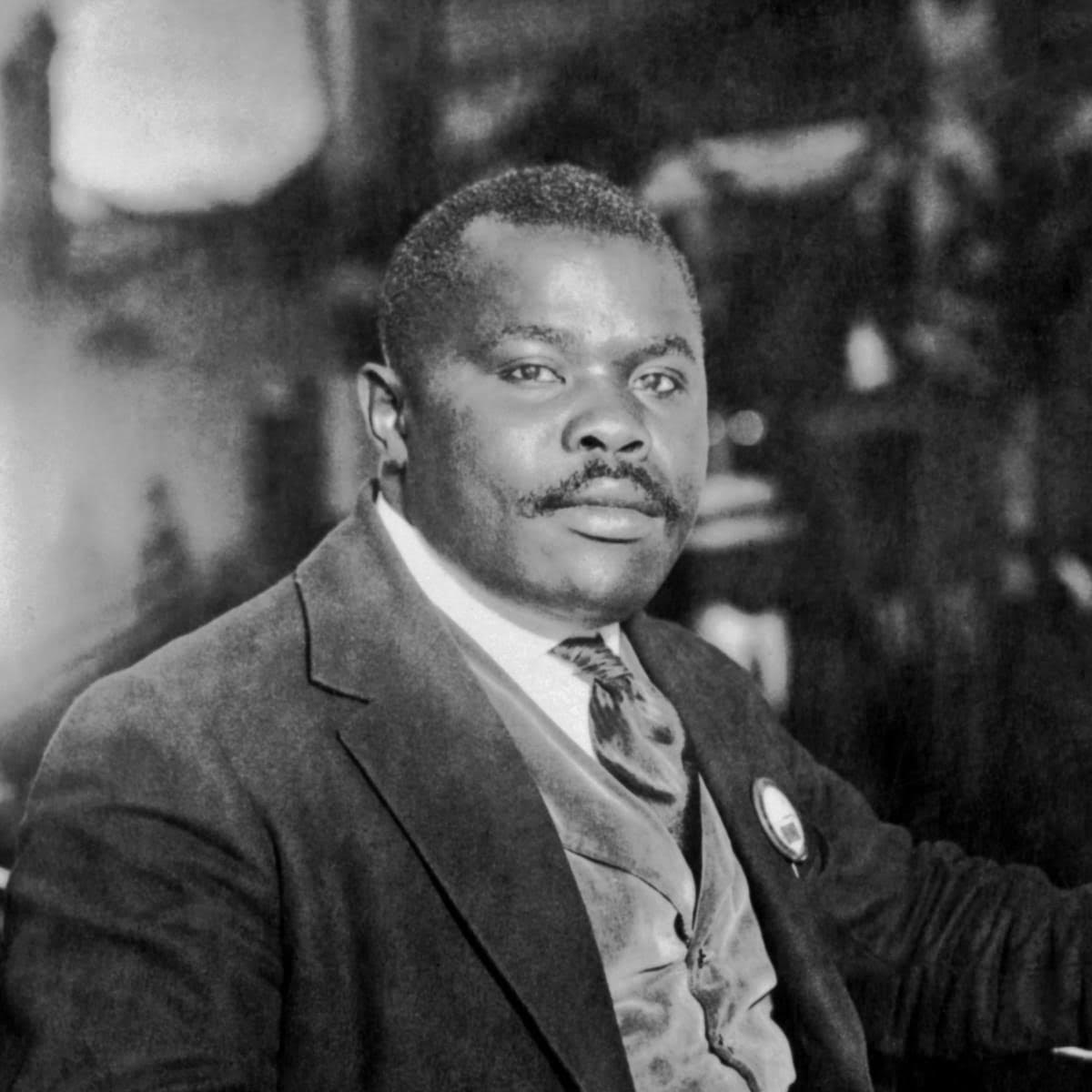
The legacy of Marcus Garvey has been intense and long-lasting, Taking a people who had recently come out of slavery 2 generations ago in the most extreme case and one generation ago in the most recent case and providing them with the ideological girding they needed to enter a new century, which would bring challenges and possibilities. The ideas of pan-Africanism and Black Nationalism, while not unique or novel to him, were presented in such a way and with such a program behind it that they could not then and now but provide inspiration to a people who have been wrenched from their motherland to toil in foreign lands.
Everywhere Mr. Garvey went, he brought with him the message of Black upliftment, pan-Africanism, and pride, and his message resonated with the masses who were yearning for something, anything that they could look to with pride. Garvey came and said you don’t need to look to others to gain what you are lacking. He taught us we can be proud of our past accomplishments as a race, and that if we unite, we will see many more accomplishments.
The ideas of Black pride and a united Africa, things which coming out of slavery and deep into the colonialist period, were alien concepts, broke new ground and laid the inspiration for people such as Nkrumah and Lumumba and the anti-colonialist struggle which followed. It is no coincidence that on the flag of Ghana is the black star; the image was taken from Garvey’s Black Star Line.
From libraries to cultural halls, Garvey believed in the upliftment of his people, and he practised what he preached by providing them. But these were not provided for magically by Garvey; often these areas would be opened using subscription, that is, people paid to have the centres constructed, staffed and for events. This move was important as it not only provided a real sense of ownership for the Black masses who often owned little to nothing, but it also was proof of what the Black community was able to accomplish if it worked together in solidarity.
Garvey, through the UNIA and Black Star Line, united Black people across the world, and even then, the potential of a united Black race was known. Throughout Latin America, the UNIA reigned. Similarly, in the colonies, both in the West Indies and Africa, the UNIA was dominant and played a leading role in shaping the Black experience. This potential was also known and suppressed by colonial powers who sought to ban his newspapers in colonies and arrest Mr. Garvey on trumped-up false charges of mail fraud, which led to his deportation from the US, a country where the UNIA was making massive inroads.
As we celebrate the birthday of the man viewed by many as a prophet, we must also reflect on the fact that much of what he has called for remains unachieved. Africa is free, but its people are not united. The diaspora no longer lives as third-class citizens for the most part, but still has not embraced the return to the motherland. We no longer view ourselves with so much disdain, but we have not achieved the levels of self-love which Garvey preached was necessary. Garvey left a rich legacy and much to be proud of, but he would be the first to say that more needs to be done before we can even begin to think that we have achieved success.
That, however, does not mean that the achievements we have made should be scoffed at. The continent is free from external political domination, and while neo-colonialism is real, it is not the same as old-time colonialism; it is a different struggle. The advancement in racial pride and love is massive and should not be scoffed at; to love oneself is a key step in self-liberation.
Yes, we have work to do, but as we put in the hard yards, let us remember to celebrate the life of the Black Moses, the man who sought to unify a diaspora and bring them home. Let us remember him for what he did and who he inspired. Some will wrongly call him a criminal; those who do are clearly not aware of the vendetta the FBI had against him and are also unaware of the lengths the organization would go to in order to frame suspects. All heroes are tarred by their enemies, and Garvey was no different, but his legacy remains untainted despite the accusations and false convictions.
As the old world order ends and a new one begins, we must hold true to the teachings of Garvey and carry them with us. Black empowerment, pan-Africanism and self-reliance are things we must hold on to and pass to the next generation. This is the legacy of Marcus Garvey; we must not forget it, always cherish it and seek to uphold it.



